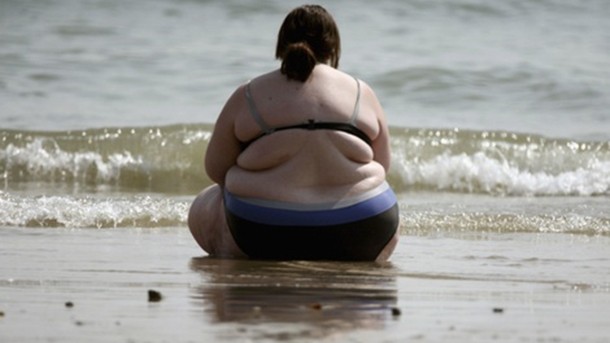Australian healthy food effort has failed, says study

According to the study, which was executed by researchers from the George Institute of Global Health and the University of Sydney, the federal government's Food and Health Dialogue has been unable to reduce or restrict foods laden with fat, sugar and salt.
“It has fantastic aims but a very weak implementation plan,” said Bruce Neal, senior director at the George Institute, and professor of medicine at the University of Sydney.
The Food and Health Dialogue was launched by the government in mid-2009 to improve the nutritional profile of foods and help educate consumers about their diets.
The mute dialogue
According to the study, which was published in the Medical Journal of Australia, in the first four years of the plan, targets were set for just 11 out of a possible 124 action areas and none were delivered.
In addition, researchers found that there was also no evidence that any of its proposed educational programmes had been implemented.
“Poor diet is now an even bigger cause of ill health for Australia than smoking. Unfortunately, while the government has been doing a stellar job on tobacco control, it's not doing quite so well in the food space,” said Neal, who is also a co-author in the study.
“If we are to get on top of health problems like obesity, diabetes and heart disease, we have to fully implement the Dialogue objectives. The huge quantities of salt, sugar and fat added to the food supply by industry are now the main cause of ill health in the country, and the Dialogue is the only serious attempt to get on top of this,” he added.
Neal acknowledged that implementing the objectives was going to be a complex and ongoing process. “Some companies have been making a real effort, but if you look at the big picture progress has been depressingly slow,” he said.
According to Rob Moodie, professor of public health at the Melbourne School of Population Health at the University of Melbourne, there is an urgent need for action.
“We need the government to make this a priority. And we have to find a way to strengthen a process that relies on the voluntary engagement of industry. Powerful industry lobby groups like the Australian Food and Grocery Council are stifling action,” said Moodie, also a co-author on the study.
Lawmakers need to show some muscle
According to Neal, the Dialogue and its implementation can be made more effective if three sets of recommendations are met with. First, there needs to be a rationalising of stakeholder roles—government and public health groups must set the policies and the food industry must deliver them, so the government needs to show stronger leadership, said Neal.
Secondly, there need to be clear targets and timelines, with consequences for non-achievement, such as enforcement if voluntary measures fail to deliver. The study suggests that currently, business incentives all push for the addition of more salt, fat and sugar in order to maximise profit.
Finally, there need to be better transparency and reporting—the successes and failures of individual industry players need to be highlighted, with easy community access to information that will empower consumer choices, said Neal.











